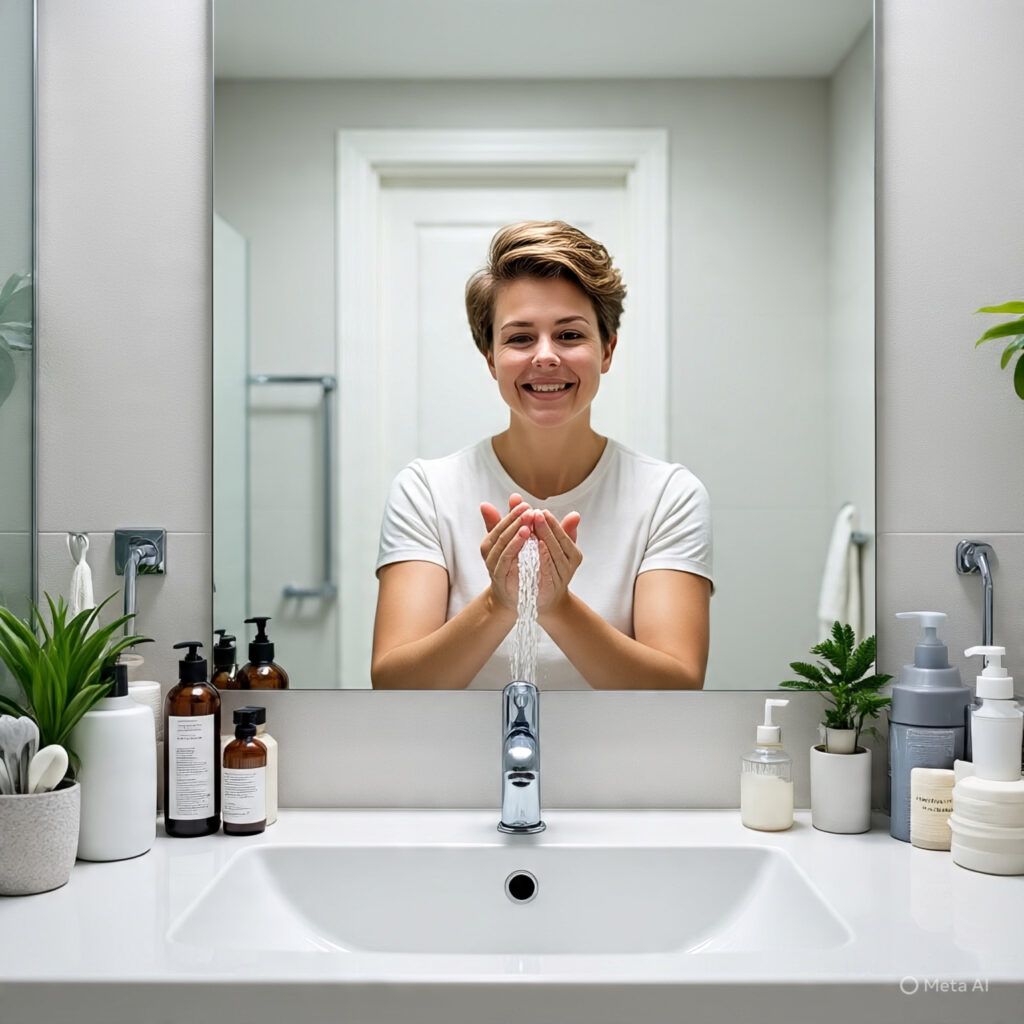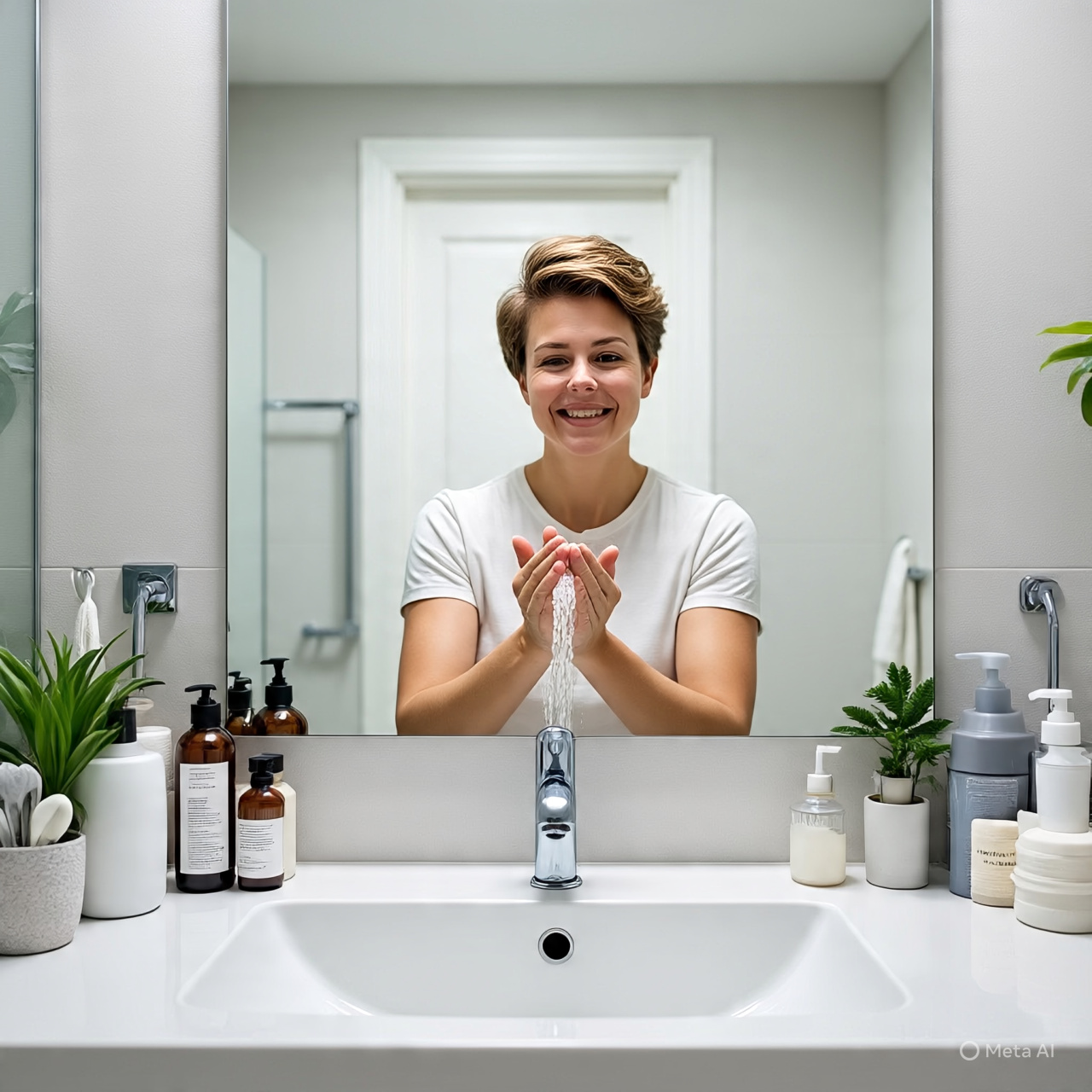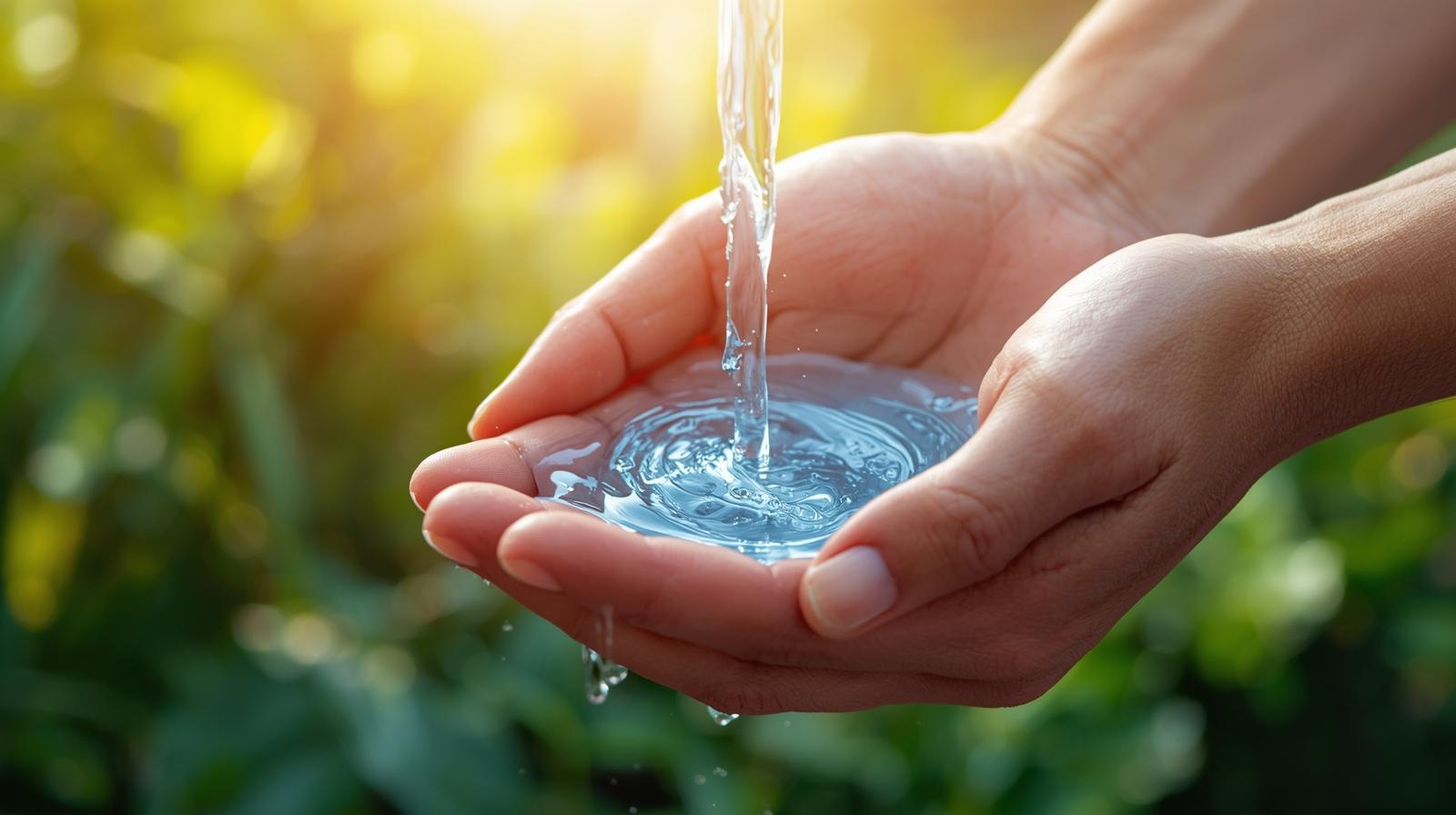Personal Hygiene –
Personal hygiene is one of the most important aspects of a healthy life. It refers to the practices that individuals follow to keep their bodies and surroundings clean in order to prevent illness and promote well-being. A person who maintains hygiene not only protects himself from diseases but also contributes to the health of the community. In today’s fast-moving world, where people often neglect small but essential habits, personal hygiene becomes even more significant.
Personal Hygiene –

First and foremost, personal hygiene is the key to good physical health. Our body comes into contact with countless germs, dust, and pollutants every day. If proper cleanliness is not maintained, these germs can lead to infections and diseases. Washing hands with soap before eating and after using the toilet is a simple yet powerful practice that prevents illnesses like diarrhea, cholera, flu, and food poisoning. Similarly, brushing teeth twice a day prevents cavities, gum problems, and bad breath. Bathing daily helps in removing sweat, dirt, and germs from the body, thus keeping the skin healthy and fresh.
Secondly, personal hygiene plays an essential role in mental and social well-being. A clean body and neat appearance give a person confidence and self-respect. On the other hand, poor hygiene often causes embarrassment, low self-esteem, and social isolation. People naturally prefer to interact with those who are clean and well-groomed. Therefore, maintaining hygiene not only improves health but also builds a positive image in society.
Moreover, personal hygiene is especially important for children and young students. Schools and parents should teach children the habit of washing hands, brushing teeth, trimming nails, and wearing clean clothes. These small practices help them develop lifelong habits that protect their health. For example, children with poor hygiene are more likely to fall sick frequently and miss school, which directly affects their learning and growth.
Personal hygiene also includes caring for specific parts of the body. Oral hygiene protects teeth and gums, hair hygiene prevents lice and dandruff, nail hygiene keeps away harmful bacteria, and foot hygiene avoids fungal infections. Apart from this, menstrual hygiene for women is very important for preventing infections and maintaining reproductive health. Similarly, elderly people must take extra care of their hygiene to stay safe from chronic illnesses and skin problems.
Another important aspect of hygiene is environmental cleanliness. Keeping our surroundings clean, disposing of waste properly, and ensuring safe drinking water are also part of personal and public hygiene. If the environment is unhygienic, it directly affects the health of individuals and communities.
Conclusion
In conclusion, personal hygiene is not just a habit but a way of life. It protects us from diseases, enhances our physical appearance, boosts self-confidence, and ensures a healthy society. Small steps like washing hands, bathing daily, brushing teeth, and wearing clean clothes make a big difference in our lives. As the saying goes, “Cleanliness is next to godliness.” Therefore, we must practice personal hygiene regularly and also encourage others to do the same. A clean body and clean mind together build a strong foundation for a happy and healthy life.













